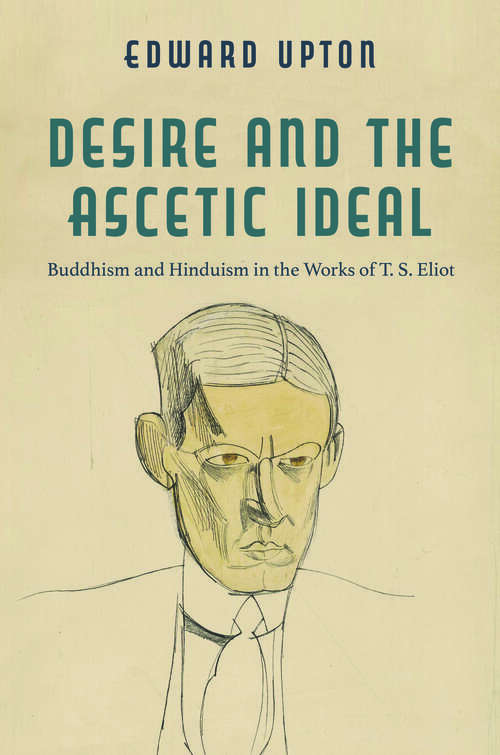Desire and the Ascetic Ideal: Buddhism and Hinduism in the Works of T. S. Eliot (Studies in Religion and Culture)
By:
Sign Up Now!
Already a Member? Log In
You must be logged into Bookshare to access this title.
Learn about membership options,
or view our freely available titles.
- Synopsis
- The Hindu words "Shantih shantih shantih" provide the closing of The Waste Land, perhaps the most famous poem of the twentieth century. This is just one example among many of T. S. Eliot’s immersion in Sanskrit and Indian philosophy and of how this fascination strongly influenced his work.Centering on Eliot’s study of sources from ancient India, this new book offers a rereading of the poet’s work, analyzing his unpublished graduate school notebooks on Indian philosophy and exploring Eliot’s connection with Buddhist thought. Eliot was crucially influenced by his early engagement with Indian texts, and when analyzed through this lens, his poems reveal a criticism of the attachments of human desire and the suggestion that asceticism might hold out the possibility that desire can be cultivated toward a metaphysical absolute. Full of such insights, Upton’s book represents an important intervention in modernist studies.
- Copyright:
- 2023
Book Details
- Book Quality:
- Publisher Quality
- Book Size:
- 324 Pages
- ISBN-13:
- 9780813950501
- Related ISBNs:
- 9780813949987
- Publisher:
- University of Virginia Press
- Date of Addition:
- 09/26/23
- Copyrighted By:
- the Rector and Visitors of the University of Virginia
- Adult content:
- No
- Language:
- English
- Has Image Descriptions:
- No
- Categories:
- Nonfiction, Literature and Fiction, Religion and Spirituality, Language Arts, Philosophy
- Submitted By:
- Bookshare Staff
- Usage Restrictions:
- This is a copyrighted book.
Reviews
Other Books
- by Edward Upton
- in Nonfiction
- in Literature and Fiction
- in Religion and Spirituality
- in Language Arts
- in Philosophy
